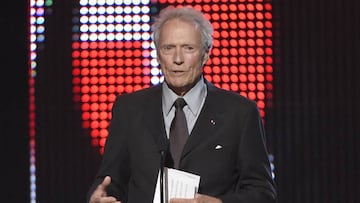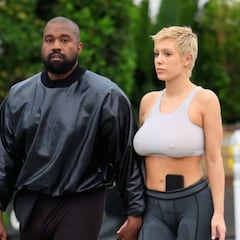Why doesn’t Clint Eastwood drink Coca-Cola or allow the brand to appear in his movies?
The Californian actor and director is the creator of several of the great classics of the seventh art. Each of his feature films has a distinct characteristic.

Clint Eastwood is a significant historical figure in the world of cinema. The actor, director, producer, and screenwriter has had a long career both in front of and behind the camera, earning numerous accolades, including five Oscars.
In addition to his cinematic success, Eastwood is known for his unique and commanding personality. The 93-year-old filmmaker has made headlines on several occasions, often due to his character. One of the most notable things is his ban on Coca-Cola in his films, a measure he has maintained for almost four decades.
Related: Joe Jonas and Sophie Turner break the silence after their divorce
Why did Eastwood ban Coca-Cola in his films?
Since 1984, the actor and director have prohibited any reference or appearance of the famous soft drink brand. It all started during the filming of the well-known movie ‘Karate Kid.’ The film’s distribution was handled by Colombia Pictures, which Coca-Cola owned at the time.
Related stories
According to The Game of Nerds portal, Kyle Eastwood, Clint’s son, was one of the candidates to play the role of Daniel in Karate Kid. Ultimately, after the necessary auditions, the filmmaker’s eldest son was rejected for the role, and Ralph Macchio was cast instead.
Following this decision, Eastwood decided never to drink Coca-Cola again, a decision he has upheld to this day, nearly 40 years later. Furthermore, since then, the Californian has adamantly refused to allow any reference or image related to the soft drink brand to appear in a feature film for which he has a role, whether as a director, producer, screenwriter, or actor.


